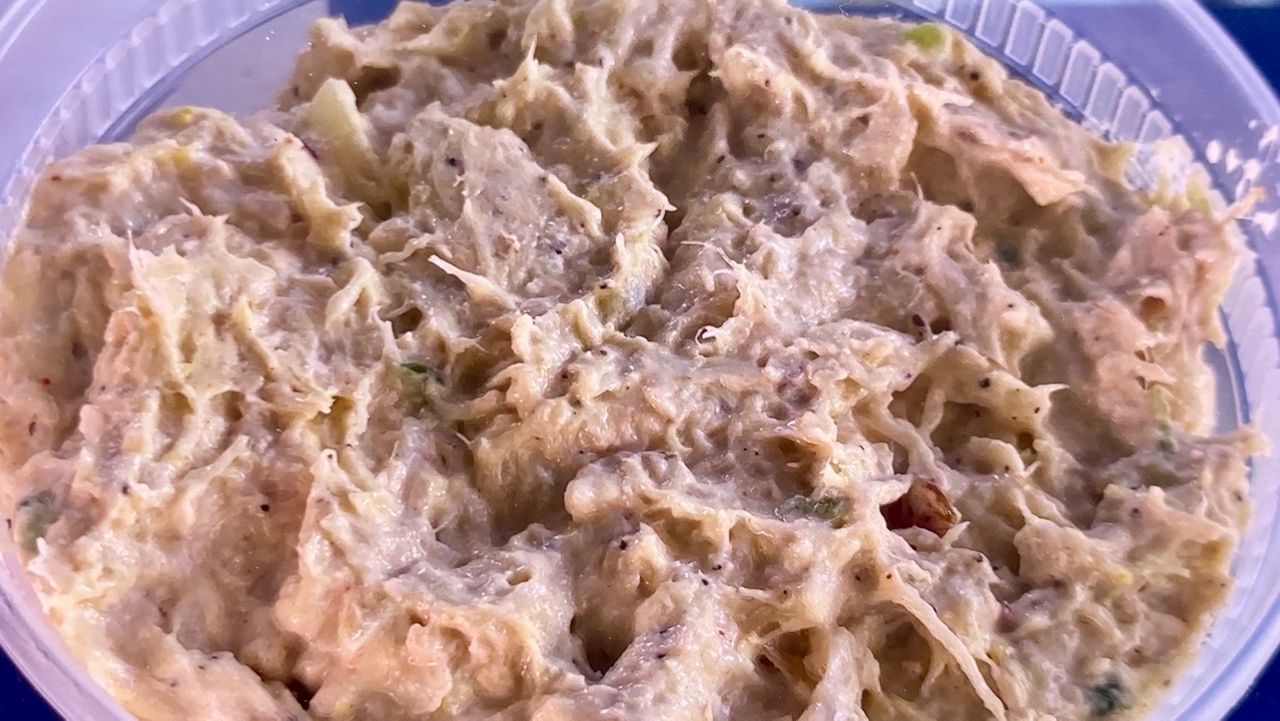PINELLAS COUNTY, Fla. — June 19th is World Sickle Cell Awareness Day. The international awareness day aims to educate people about the disease and the challenges that come with caring for someone with sickle cell.
Te’A Rowe, 14, was born with sickle cell disease. The soon-to-be high school freshman’s latest school activity may not have been possible a few years ago because it requires her to be so active. But she said with proper precautions, she’s able to be part of her school’s cheerleading team.
“I’ll basically be doing everything the other cheerleaders will be doing. But instead of like, if I need to sit down or something, I could,” she said. “With cheering we’re not allowed to wear jewelry but I have to wear my medical bracelet so they’re gonna have to use medical tape around it so I could wear it because I can’t take it off.”
Taking those extra steps doesn’t come without questions about the painful genetic disease that she was born with.
“I just explain like, it’s like when both of your parents have a sickle cell trait, then you’re most likely to come out with it,” Rowe said. “They ask what it looks like, so I pull up a picture and it’s like my cells are like a crescent moon and theirs are a full moon.”
Headaches, long hospital stays and a constant search for a cure is something she had to experience and learn about early on. Rowe is also cautious about not passing the trait to her children in the future.
“You need to know if you have a sickle cell trait and if you have somebody that you like or that you see a future with, make sure they don’t have the sickle cell trait because there could be an outcome that your baby could have sickle cell,” she said
CDC data shows 1 out of every 365 Black or African-American babies are born with sickle cell disease. And 1 in 13 Black or African-American babies are born with a sickle cell trait. The genetic disorder is passed down to children when both parents have the trait.
“There’s been a negative stigma with this disease which should not happen,” said John’s Hopkins All Children’s Hospital Sickle Cell Program Director Dr. Tamara New. “My patients were born with this condition. It is not something that’s infectious. It’s not something that parents did or didn’t do. It’s not that they’re not taking care of themselves, it’s a genetic disorder and we need to start treating it like that.”
New treats Rowe and several other children at John’s Hopkins All Children’s Hospital. She said there’s so much that people need to know about the painful disease that’s currently affecting about 100,000 people in the U.S.
“It can affect any part of their body from their brain down and so they can have things like strokes,” New said. “They can have severe pneumonias. The thing that most people associate with sickle cell and one of the most common is pain and pain episodes.”
New said there are treatments and cures out there, but they don’t work for every patient. Rowe hopes one day to be around when there is a cure for all.
“I want to help kids that’s like something like me and I want to work in a hospital and I want to also travel. So I thought why not be a travel nurse?” Rowe said.
It’s a dream to add to her long list of things she can accomplish while living with sickle cell.
Earlier this year, U.S. senators reintroduced a bi-partisan bill that addresses sickle cell disease. If passed, the Sickle Cell Disease Comprehensive Care Act would direct the Centers for Medicare and Medicaid Services to create a Medicaid program to improve access to comprehensive, high-quality and outpatient care.










